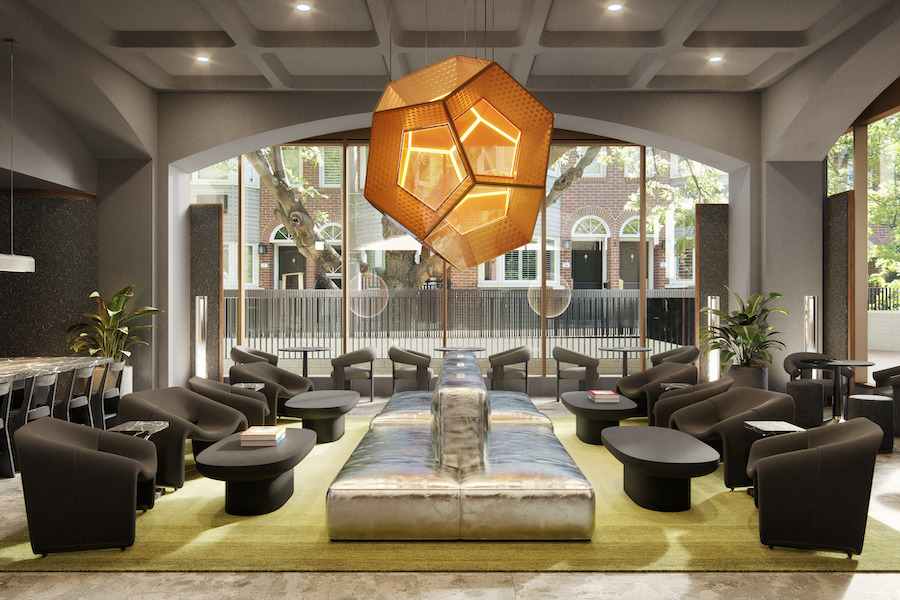A new study from Cornell University has found that hotels gain a revenue benefit when they are certified under the LEED sustainable building program. By comparing LEED certified hotels with a competitive set of non-certified hotels, the study found substantial increases in ADR and RevPAR for the LEED certified hotels.
“The hotel industry has embraced environmental sustainability and several hotels have registered for or earned green certification under the LEED program,” says Rohit Verma, the Singapore Tourism Board distinguished professor at the School of Hotel Administration, one of the study’s authors. “But LEED is really aimed at controlling costs by limiting resource use. So, the question was whether there also is a revenue benefit from LEED. We found that the answer is, absolutely yes.”
The study-completed by analyzing comprehensive hotel performance data provided by STR-compared the performance of 93 LEED certified U.S. hotels to that of 514 comparable competitors and found that the certified hotels showed superior financial performance. The researchers found that the revenue benefit applied in hotels of all types, although most hotels in the study were upscale or luxury properties located in urban or suburban locations.
Developed by the United States Green Building Council in 2000, the LEED certification process gives commercial buildings a scorecard for meeting standards relating to such areas as location and transportation, materials and resources, and water efficiency, among others. The more points under the program, the higher the certification level. Although the initial LEED standards were not directly aimed at hotels, numerous hotel properties nevertheless have earned certification. The most recent version of the LEED standards specifically includes hotels, along with other commercial buildings.


